
Video
Brookgreen Gardens offers several interpretative or education programs. Horry Georgetown Technical College uses the grounds and greenhouses for horticultural classes. The sculptures provide art...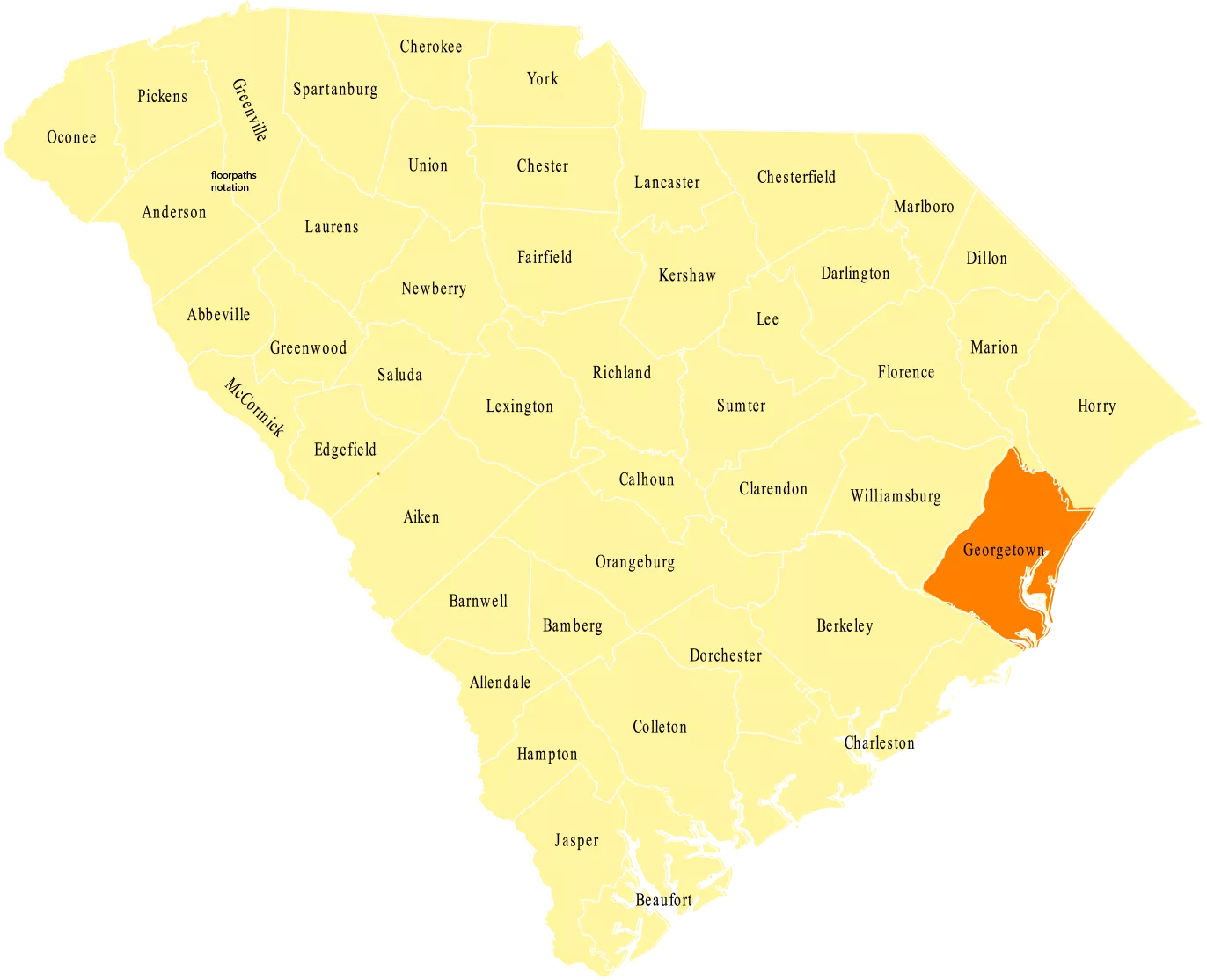
Although a number of Native American tribes already lived in the area and the Spanish had visited, English planters and their African slaves were the first to settle what is now known as Georgetown County. In 1769 Prince Frederick, All Saints, and Prince George parishes were combined, resulting in Georgetown District. In 1785 the district split into four counties including Winyah County. Winyah County would later be renamed Georgetown County in honor of King George II. Despite the approval of the British that this name suggests, Francis Marion regularly engaged in guerilla warfare from the county’s marshes during the Revolutionary War.
A coastal location has always served as a large source of wealth for Georgetown County. The location favored the growth of plantation crops, especially cotton and Indigo. In fact, Indigo planters became so affluent that they became their own level of high society known formally as the “Winyah Indigo Society.” Later, rice took over and became the crop of choice for Georgetown County plantation owners, but Indigo plants still grow wild in the area. Furthermore, the Georgetown Port, in the county seat of Georgetown, became such a source of income that pirates plagued the county’s coast.
Today one can easily observe a connection between Georgetown County’s past and its future. The African slaves brought over by British planters to farm cotton, Indigo, and rice have preserved the Gullah culture throughout the generations. This culture is especially evident on Sandy Island. Georgetown’s port still anchors the county’s economy. The county’s historical significance, coastal location, beach towns, and nature preserves make it a popular tourism destination.
Georgetown County, A Brief History. Accessed June 03, 2016.
http://www.georgetowncountysc.org/about/history.html

Video
Brookgreen Gardens offers several interpretative or education programs. Horry Georgetown Technical College uses the grounds and greenhouses for horticultural classes. The sculptures provide art...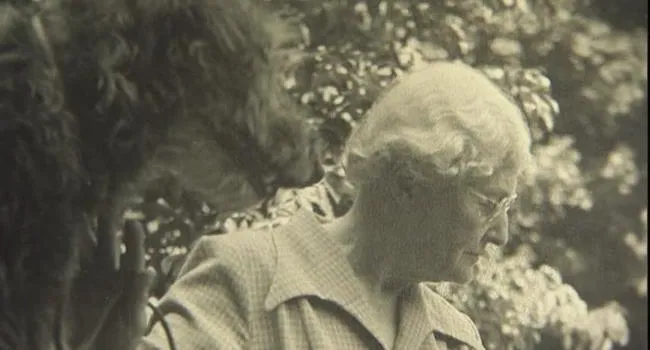
Video
The sculpture collection at Brookgreen Gardens include works by many great figurative artists of the time like Paul Manship,Paul Jennewein, and Frederick Remington. Anna sculpted her own work...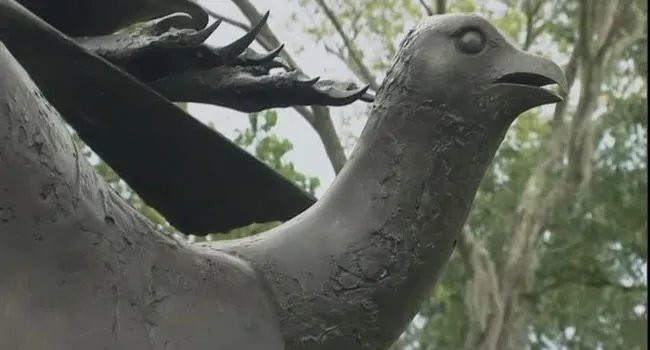
Video
Brookgreen Gardens offers a diversity in terms of our sculpture, horticulture, history and ecology. Initially when Brookgreen was first put together, it was a place where the native plants and flora...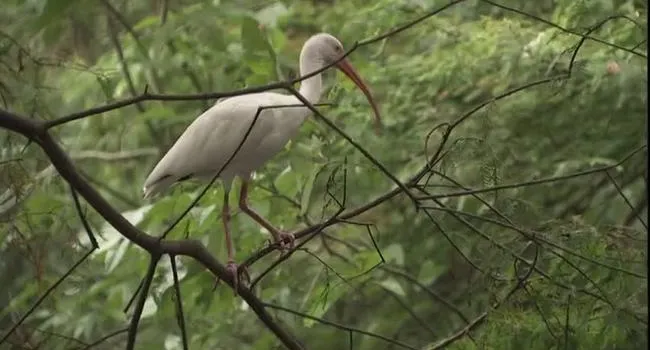
Video
The Huntingtons' commitment to animals lives on at Brookgreen today. Native creatures find a safe home here, and the Lowcountry wildlife area exhibits both wild and domestic animals. The Animals of...
Video
Brookgreen's story begins more than 250 years ago when Europeans saw the potential for growing rice here and the backbreaking labor of enslaved Africans carved rice fields out of the swamps...
Video
The former rice plantations of the Waccamaw Neck began selling at bargain prices. A group of sportsmen bought Springfield, Laurel Hill, Brookgreen and The Oaks to use as a hunting preserve. They...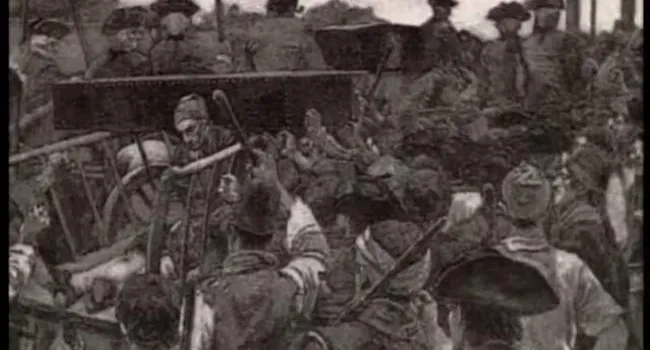
Video
DISCLAIMER: This video has a lot of visual images of hangings and decapitation. Stede Bonnet had sought and received a pardon from Governor Eden at Bathtown, North Carolina, and a privateering letter...
Video
Although males, young and old, comprised the great majority of pirates, some women seeking the same adventure and plunder disguised themselves as males and also signed aboard pirate vessels. Anne...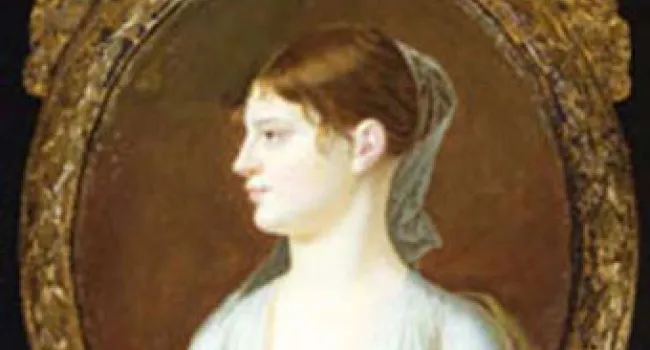
Photo
The daughter of Aaron Burr, Theodosia Burr (1783-1813) was born in Albany, New York, but much of her childhood was spent in New York City. Her father oversaw her education in French, music, dancing...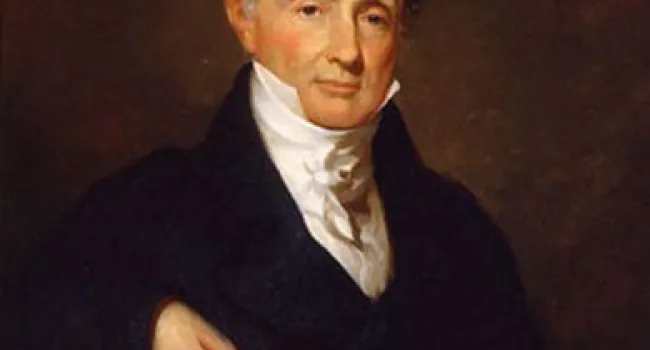
Photo
Colonel William Alston (1756-1839) was a member of Francis Marion's Brigade during the American Revolution, and participated in the defense of Georgetown. He was a respected breeder of horses and a...